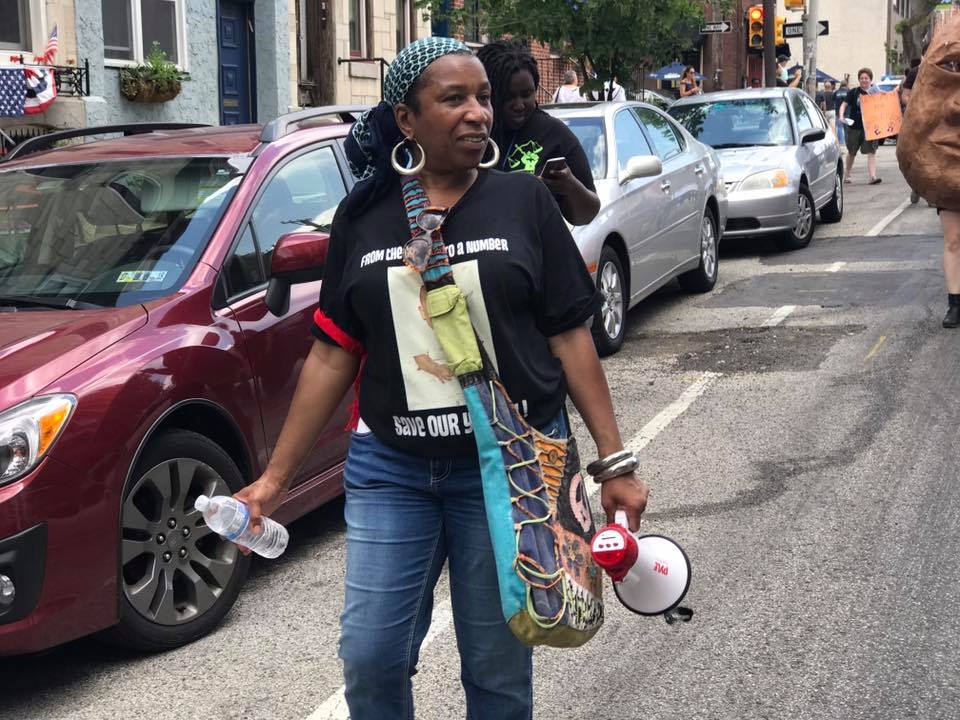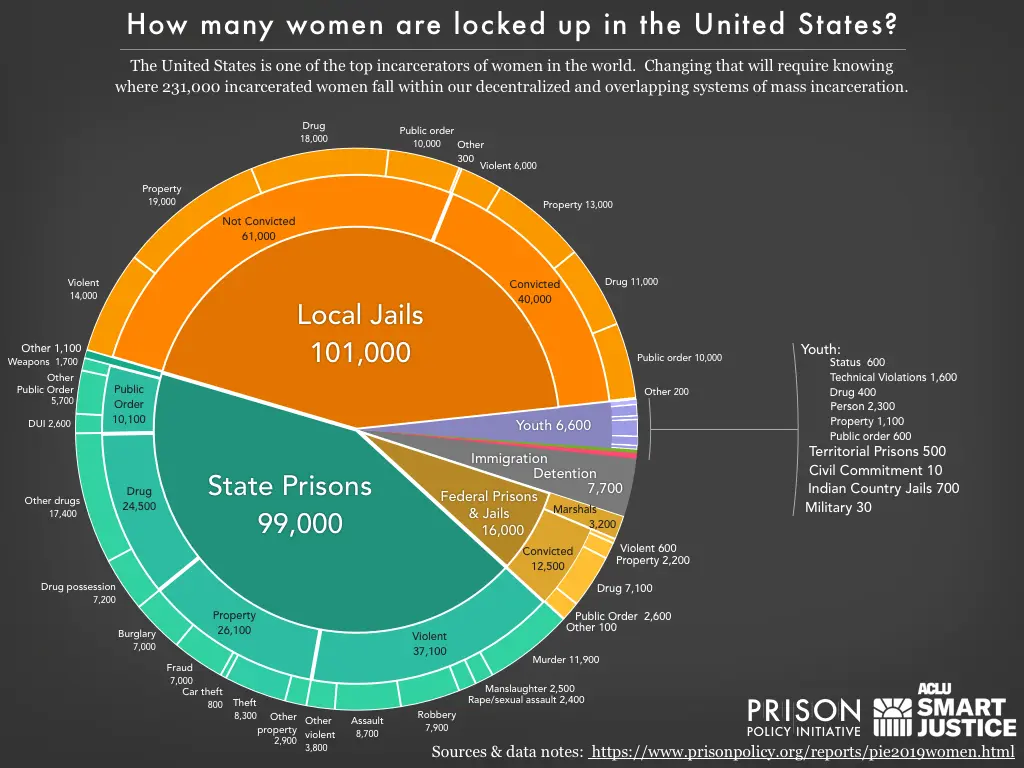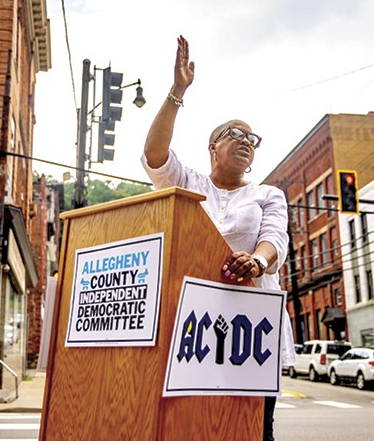For Women’s History Month, Movement Talks interviewed women impacted by incarceration: Terri Minor Spencer, a formerly incarcerated mother and Patricia Marshal Vickers, a mother of an incarcerated person.

Women and girls have become the fastest growing victim of the prison industrial complex. While male incarceration is steadily decreasing, the incarceration of women has risen by 50 percent. Between 1980 and 2019, the number of incarcerated women increased by more than 700%. In 1980 there were 26,378 women incarcerated. According to latest records, 231,000 women are now being held in local jails, state and federal prisons, immigrant detention centers and youth centers.
They are not just in prisons and jails but 1.2 million women are also under supervision. 58% of women in prisons and 80% of the women in jail are mothers. 55,000 of those women were pregnant when they entered jail or prison. Similarly to the disparities of the men, black women are the highest number of incarcerated women, at double the rate of white women.

Black girls are 35% of the incarcerated youth population followed by brown girls at 19%. Studies have revealed that black girls are adultified and perceived as older and more responsible contributing to higher rates of police contact and punishment. 40% of the girls in confinement are lesbian, bisexual or gender non conforming. 10% of girls in placement are there for running away and truancy to the 3% of boys for the same behavior.
Prisons and incarceration affect the community in countless ways when women are incarcerated or if they are a caregiver to someone incarcerated.. The separation brought by prison upsets the balance of the family. Wives lose their husbands and breadwinners. Women become single parents. Mothers lose their son or daughter to prison, while that daughter or son loses their children or the relationship with them because they are in prison. Grandmothers become caregivers and in some cases the children become wards of the state.
When asked about the impact of incarceration on her life, Terri Minor Spencer, founder and president of West End P.O.W.E.R in Pittsburgh, began by saying “I spent 16 years in prison for being an addict. Instead of rehab a judge chose to send me to prison.”
During her incarceration, her mother raised her daughter who was young when she first entered prison. Visits were especially hard when her family was leaving. Explaining the toll it took on her family after being away for 16 years she said “Coming home from prison one would say you have to make up for time that you lost but that can never happen. You cannot make up for lost time but what you can do and what I found to do is to move forward and build a stronger relationship with not just my daughter but with my family and myself.”
After Terri came home, she enrolled in a post release program that she said saved her life. It provided her with valuable tools and life skills that transitioned her back into the community and on to becoming a leader in the same community she left. She gives back by being involved and empowering those with what she calls “colorful backgrounds”. Learn more about her Colorful BackGrounds E.X.P.O. that is helping formerly incarcerated people with valuable work/life skills and community organizing. See her full interview here.

Patricia Marshall Vickers was separated from her 17 year old son to a life sentence in 1988. His imprisonment caused her to question her role as a parent. She says “You’re always feeling judged when your loved one goes into prison. Particularly as a mother, when my son received life in prison, I started going through all my insecurities. Was I a bad mother? What did I do wrong? What could I have done differently?”
When a family member is incarcerated, there is a feeling of loss. In describing her feelings she says, “when your child or your loved one is in prison, when they suffer you suffer with them. You’re walking this walk with them. When they’re in pain, you’re in pain. Having support during incarceration of your loved one is key. Patricia explains why it’s important to connect with other family members and loved ones of incarcerated people “we look at each other’s loved ones as a person, not as a criminal. We look at each other’s loved ones as human beings that deserve clean air, clean water, hot food. We’re not asking for a lot, just asking for them to be treated like human beings.”
Patricia works with Human Rights Coalition to make sure prisoners are treated humanely and with Coalition Against Death By Incarceration to bring people with life sentences home. Her son Kerry Shakaboona Marshall is one of those lifers who will be coming home soon. She wants people to know that it’s a hard burden to carry when your loved one is incarcerated. See her full interview here.




